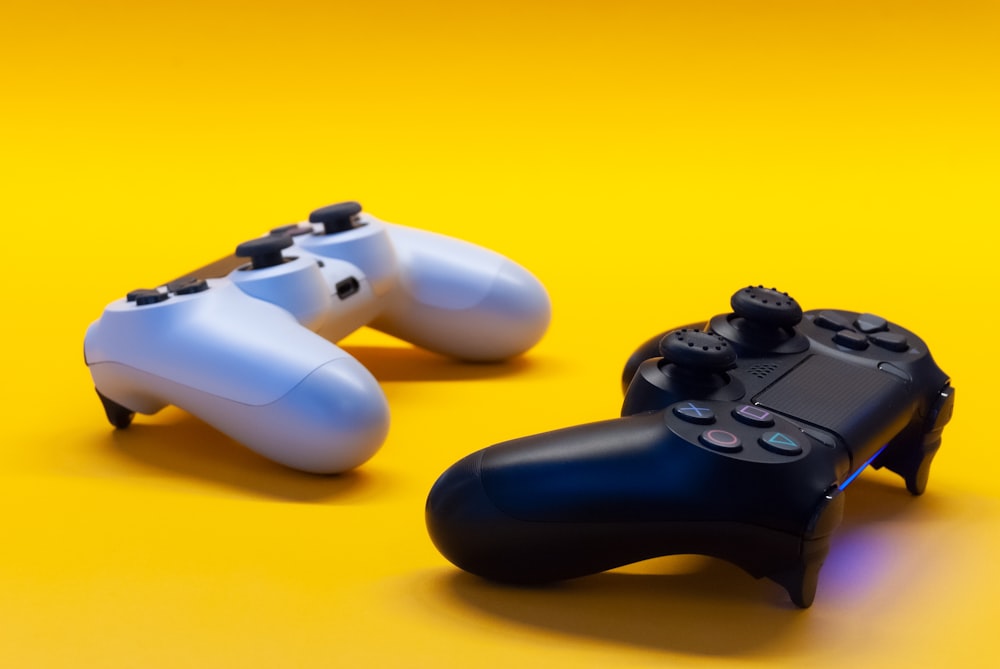Even if we’re in the heyday of folks making exorbitant amounts of money for streaming video games and getting featured as the cover star of sports magazines, historically speaking, video games and gamers have gotten very little respect. Especially from parents. You know how they were (or maybe, how you are), getting mad that those kids are always on The Nintendo (whether the system is actually made by Nintendo doesn’t matter, it’s just The Nintendo). A new study, however, reveals playing video games might actually be good for kids.
Researchers at the JAMA Open Network journal found children who played video games for 21 hours per week had better cognitive performance and working memory than those who did not. The study didn’t distinguish what types of games were played by the kids, but its lead author Bader Chaarani told CNN that most of them opted for first-person shooters and action-adventure games.
This isn’t the first time the scientific method was deployed to find out if video games help improve cognitive ability, but it’s the largest sample size yet. This study featured data from nearly 2,000 9- and 10-year-olds from the Adolescent Brain Cognitive Development (ABCD) Study. The ABCD Study is the largest long-term study of brain development and child health in the United States, made up of 11,800 kids.
Other studies have also concluded playing video games in moderation can improve mental health. So, maybe The Nintendo ain’t all that bad, MOM!
Let’s not go too far. I don’t want to sound like a crank or an apple falling not too far from the tree, but the kids need to go outside, too. When I was a youth, we played Pokémon, Super Smash Brothers, Madden, and Mario Party, but we also went outside and hit each other with sticks, had snowball fights, shot hoops, played backyard football, and rode bikes. We did a healthy dose of both. That’s why millennials are the greatest generation: We touched grass, and we waxed that ass on the sticks.
